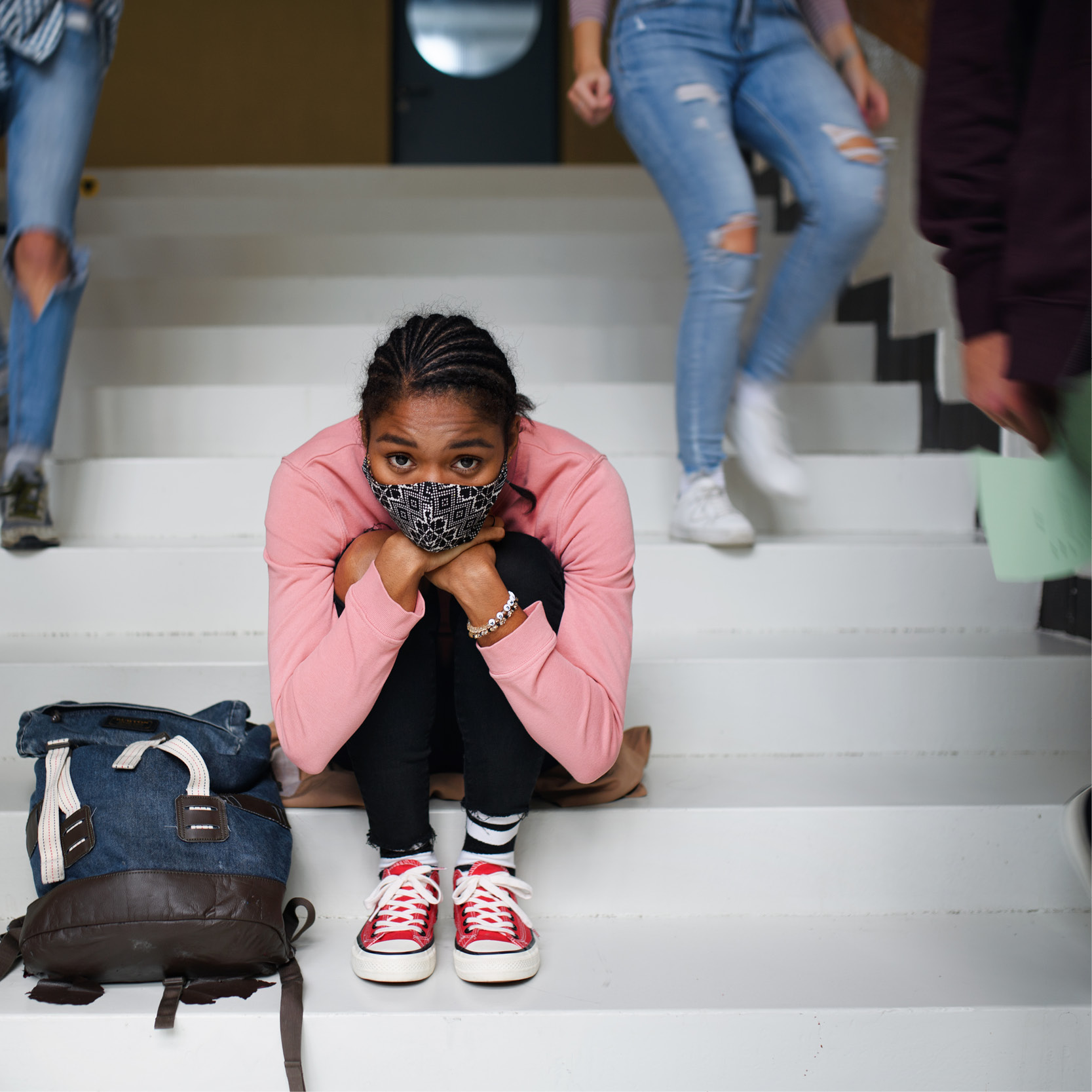This summer, millions of teenagers are spending more time at home. As parents start to see more of their children compared to the busy months of the school year, they may start to see their young adults behaving differently than they are used to seeing. Some of these changes are expected.
How does an adult know if a behavioral change in their adolescent is just a teen being a teen – or a sign of something more concerning?
Anna LaDelfa, LMHC, is a primary therapist senior with Rochester Regional Health and works consistently with adolescent patients. She explains what is characteristic of adolescents and when their behavior might be cause for concern.
Typical vs. concerning behaviors
Friends and family
Typical: Teenagers want to spend more time with their peers and less time with family. This is a standard shift in social patterns for young adults. They are discovering other people their age with common interests and learning more about themselves as people.
Concerning: When an adolescent does not want to spend time with either family or friends for an extended period of time – either in-person or online – this might be a sign of distress. Checking in with them to see if something changed might be a good idea.
Sleep schedule
Typical: Needing more sleep as a young adult is not uncommon. Staying up later and sleeping in later are regular practices for adolescents. Research shows sleep helps both the brain and body heal and grow. Pediatricians recommend teenagers get 8-10 hours of sleep each night.
Concerning: While some changes in sleeping habits are common, sudden and drastic shifts in energy levels and sleep patterns are something to keep an eye on. If a teenager is sleeping for too long or not sleeping at all compared to their typical sleep schedule, it could warrant further discussion.
Feeling sad or anxious
Typical: Some of the most pivotal emotional moments from a person’s childhood and adolescence come from the sad or anxious times following fights with friends or a breakup with a significant other. Working through those difficult emotions is hard, but eventually with the help of family and friends, the pain eases.
Concerning: After several days, some teens are living with the same intense level of sadness and anxiety that they had at the start of their loss. If two weeks goes by without any sign of improvement in demeanor or emotional well-being, that could be an indication that a parent or someone else may need to provide support.
Changing their look
Typical: A recent study in the medical journal PLoS One found less than half of the adolescents they surveyed had a positive body image. Worrying about physical appearance and trying to fit in with others is a common trait among teenagers who are trying to discover who they are as individuals. Reinforcing a healthy and positive sense of body image is critical to adolescents’ physical and mental health.
Concerning: Sometimes teenagers can become hyper-fixated on their body image and take drastic steps. If a parent sees sudden and significant changes in their adolescent’s eating behaviors or notices that they are over-exercising, it may be an indication that something more serious needs addressing.
Taking risks
Typical: During the adolescent years, many teenagers rebel against their parents as a way to begin separating from authority figures. This often takes the form of smaller risk-taking behaviors or occasional experimentation with activities normally "off-limits" to adolescents.
Concerning: When rebellious behavior becomes intense and high-risk, including disregard for parental rules or societal laws, parents may become worried. This is especially true for teenagers who turn to self-harm as a form of emotional and physical release. These can result in serious and imminent physical harm to adolescents and those around them. In these situations, it is important to work with your pediatrician or a licensed mental health professional for help.
Asking for outside help
If any of the concerning behaviors last for two weeks or longer, or continue to affect a teenager’s everyday function in a way that is having an impact on their life, talk with your pediatrician or a licensed mental health provider.
If there is concern for a child’s immediate safety, don’t wait – seek help as soon as possible. Genesee Mental Health takes walk-in appointments 3 days a week: Mondays-Wednesdays from 8-10 a.m.
Finding a therapist who can work with your child can be a helpful addition for the entire family. The assistance they provide will help everyone, both in the short term and in the long term.
“Reaching out to a mental health professional to get the help a child needs is never a bad thing,” LaDelfa said. “Regardless of where any young adult is, we will work with them to help them grow into the healthy adults that they deserve to become.”









